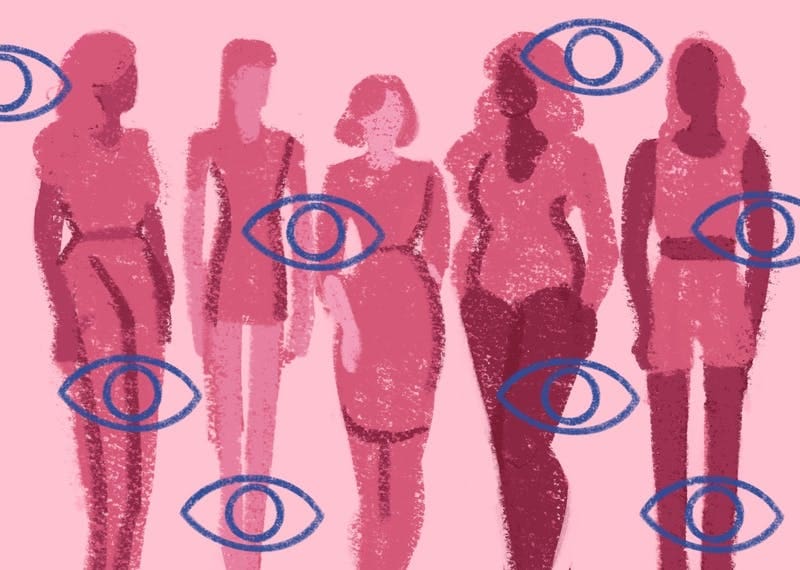A female relative of mine made an interesting comment on social media the other day that got me thinking. She noted that while it is quite common on commercial television for celebrities, especially females, to be asked how they manage to “look so wonderful”, or how come they are in perfect shape even after childbirth, no one is ever asked the question how they manage to look so grossly fat. Excellent point, I thought. Indeed, the question: ‘Excuse me, but I can’t help wondering how you manage to look like an overweight hypo after all these years’ would most probably result in the interviewer being fired on the spot, but certainly in a minor media scandal.
While it would seem obvious to most people that calling someone being plump in a public setting is wrong,
is complimenting one’s looks and inquiring about one’s “secret” behind possessing an enviable body really all right? I do not think so. Indeed, the constant glorification of fitness and thinness is demoralizing for most of us who do not fall into those categories. Actresses and models showing off a flat stomach a few days or weeks after having a baby perpetuate the fetish of sterile beauty that has nothing to do with real life. I believe mums who do not have a host of helpers around them and have their hands full taking care of their newborn have other things to worry about than the shape of their bellies. But fetishizing a certain idea of prettiness and attractiveness is not only wrong because it makes many uncomfortable, but also because it absolutizes and—at the same time—monetizes something that is simply one of the many traits of a human being.
Do not get me wrong – I am no advocate of the “snowflake” view that any comment on some aspect of being overweight or obese amounts to “fat-shaming”. I am not suggesting either that we are not supposed to notice beauty in a person or that we should deliberately suppress feelings of physical attraction towards another person.
What is troubling is the hypocrisy and blindness of a large part of the mainstream media, corporations, and opinion leaders. While they mercilessly label and “cancel” people, mostly men, for genuinely harmless remarks about another person’s looks; they endorse and fuel the “Me too” movement with all its excesses and want to remove authors from curricula for apparently promoting “outdated gender roles,” they seem to have nothing to say about the hypersexualization of young adolescents and children by the fashion industry or in show business. While catcalling has been criminalized in France, it is totally acceptable that large clothing retailers sell padded bras to pre-teen girls. According to an article published by the Canadian Counselling and Psychotherapy Association in 2012, ‘the Internet, cellphones, social media, clothing style shifts, music videos and tween/teen movies have impacted the hypersexualization of our children today.’ The article cites a 2012 survey of 15 major pre-teen clothing sites in the United States found that 1/3 of the apparel on sale was “sexualized”.
From a conservative perspective, the human body is not something to be proud or ashamed of.
It is indeed a “temple” in the sense that it is the home to our soul, and it is in this human form that we live our lives in this world and experience pain, joy, suffering and happiness, for which we should all be grateful. There is no question that we do have an obligation to take care of ourselves, both our minds and our bodies, and keep them clean and tidy, and as healthy as possible. Human beauty is also something that we must acknowledge and enjoy, as a free gift. However, fetishizing and sexualizing the body, and holding up either thinness or voluptuousness as a value per se, most commonly for commercial purposes, is—in my view—fundamentally wrong.
My modest proposal, therefore, is that a conscious effort should be made on the part of those in the entertainment and fashion industry as well in the popular media to reconsider their practices, and focus less on what people look like, and focus more on who they are. I am convinced they could earn decent money even without fetishizing and sexualizing the human body.








